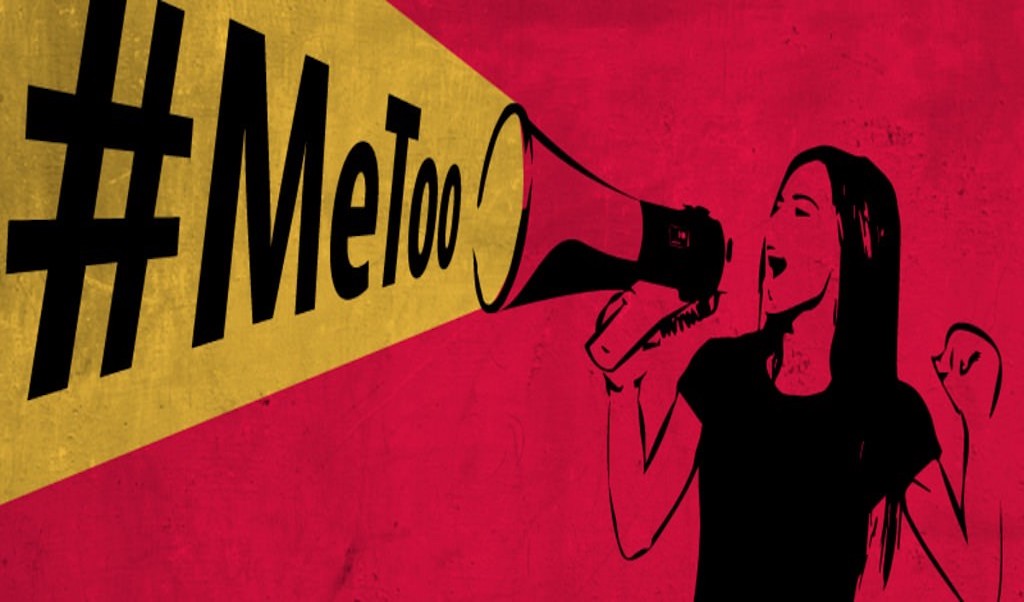Asia Media International podcast on Chinese Feminism
Podcast Transcript:
Cristina Pedler: Hello, and welcome to Asia Media International podcast. I’m your host, Cristina Pedler. Thank you for joining us. In today’s episode, we are going to dive into the world of #MeToo in China. I’ll discuss how internet censorship hasn’t stifled the rise of feminism across the pacific, and reveal connections to the ethical theory deontology.
But first, a little background. In October 2017, American actress Alyssa Milano sparked international solidarity among survivors of sexual assault and harassment with the hashtag #MeToo. In response to the movement, many businesses in the US, UK, and Spain have taken concrete actions, such as eliminating offenders from their postings, reopening past sexual harassment investigations, and revising hiring to close the gender pay gap. Unlike its Western counterparts, and due in part to the government’s tight grip on personal freedoms, China was not quick to address issues of women’s rights and sexual assault.
From an American POV, brimming with internet and personal freedoms, we may blame the communist party’s governance on the absence of recognition towards these very serious issues. Some may wonder if internet censorship stifles healing for survivors searching for solidarity. However, since the viral spread of Me Too four years ago, a lot has changed.
Even though the Chinese Communist Party (CCP) censored the #Metoo movement, it kinda bloomed in last year during 2020. Amidst a global pandemic, women and sexual assault survivors in China shared a win on June 2nd: the first successful sexual harassment lawsuit in China’s history. The case revolved around “Xiang Yang” a woman who was sexually harassed by the chairman of the NGO she worked for. In Early 2018, she posted an open letter recounting this experience – and it went viral.
Going viral in China is no easy feat. Not only are there psychological obstacles facing survivors but there are safety concerns such as as death threats and threats to family members. Additionally, acquiring a digital mouthpiece does not necessarily mean that people will be seen or heard. Unlike elsewhere in Asia, the Chinese government’s tight grip on freedom of information means that women looking for safe, encrypted internet connection must purchase a Virtual Private Networks [VPN]. Nevertheless, internet censorship isn’t as successful at quelling feminism in China as it used to. People are restless and yearning for social change.
Survivors like Xiang Yang are risking everything for what they feel must be done. The ethical consideration Deontology can be used to understand the fight for women’s rights. Deontologists defend principles, such as human rights, on the basis that there are certain things, certain acts that are always morally unacceptable and cannot be done to individuals under any circumstances. That’s what #MeToo is all about – the fight for feminism as a moral obligation for all.
Deontology depicts the struggle for basic personal rights not only as a moral duty, but as an expectation that these rights must be applied everywhere and always. The dream of universal women’s rights is part of why there was such a large following of this court case. Supporters, survivors, and allies alike waited in suspense for the verdict that would define women’s rights for years to come. The defendant was declared guilty and immediately filed for appeal. After weeks of more waiting and more paperwork, Xiang received her victory letter: the appeal failed, and the verdict was upheld.
Let’s break down why this was such an achievement. At the time, “sexual harassment” had not been defined or protected by law, so Xiang and her lawyer could only sue for infringing personality rights. But after the Supreme Court’s 2018 decision, Xiang was able to change her case’s cause of action to sexual harassment. As a result, China announced a plan for new legislation that would define and target sexual harassment in workplaces.
The movement may be trudging along slowly, but make no mistake: feminism is on the rise in China. The PRC’s internet censorship initially inhibited the ability of survivors to heal collectively, something the western world was privileged to. But with the 21st century in full swing, China is ready to push women’s rights to court. The patience and resilience of sexual assault and harassment survivors and activists in China has already generated tangible action and social change.
Those of us at Asia Media are anxiously awaiting what they will accomplish next, and eager to join the conversation. From our headquarters in Los Angeles, we will not act as bystanders. We stand in solidarity, ready to take action led by activists and survivors across the pacific and around the world.
If you want more reflections on the struggle for human rights in China, join us next time or visit our website at asiamedia.lmu.edu. This is Cristina Pedler, host of Asia Media international podcast, signing off. Thanks for listening.



One Reply to “PODCAST: ‘MADE IN CHINA’ FEMINISM”